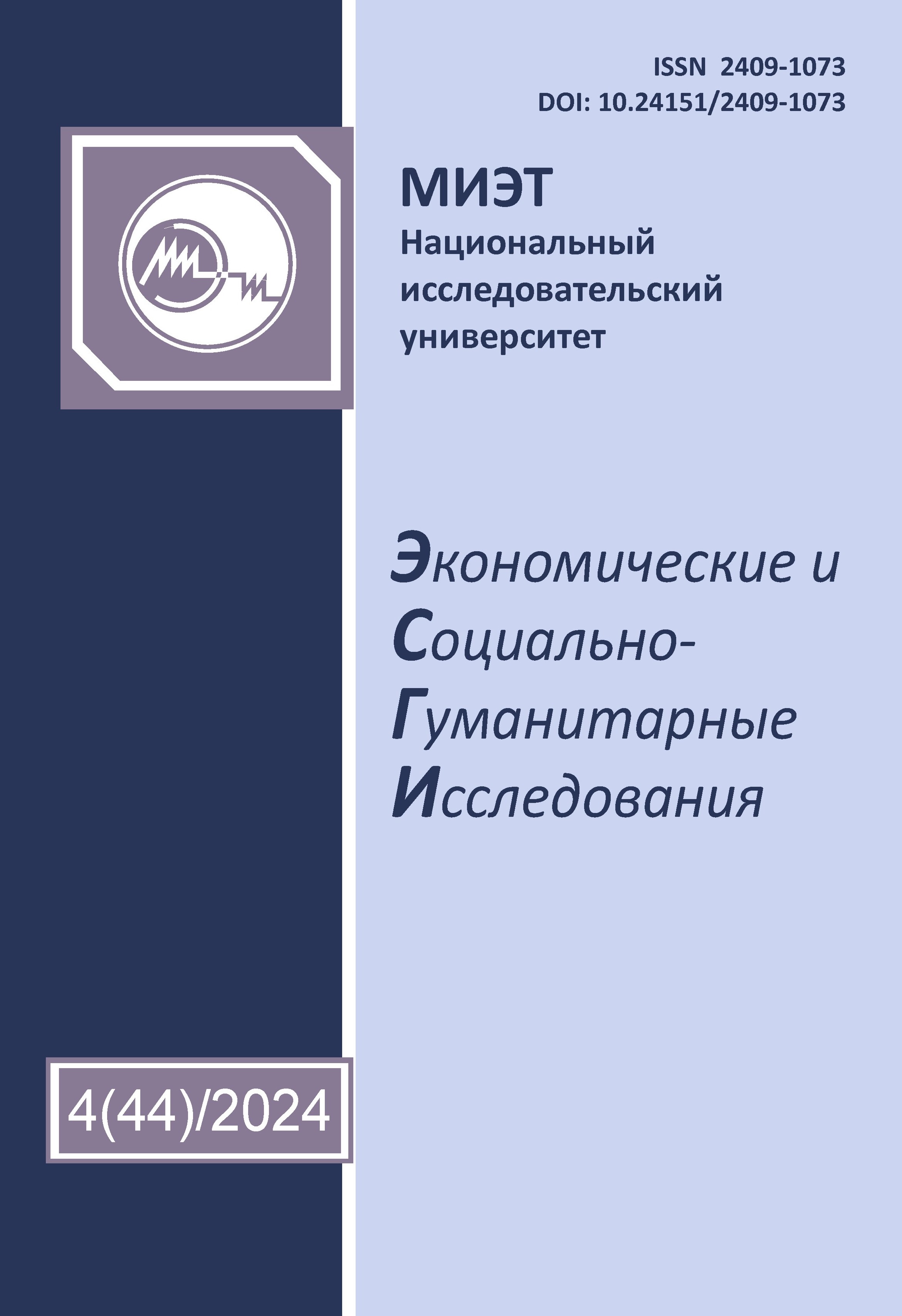MIET (editorial office, editor-in-chief)
Russian State Social University (Department of Political Science and Applied Political Work, Professor)
employee
National Research University "MIET" (Department of Philosophy, Sociology and Political Science, Professor)
Moscow, Russian Federation
employee from 01.01.2014 until now
Moscow, Russian Federation
UDC 316
UDC 37.062
In this work, the authors analyze the role of general academic school as basic social institution. Significant traits of collectivist paradigm or Russian education are noted. Pedagogical conception of A. S. Makarenko is evaluated with account for historical and cultural context of time when it has arisen. The contrastive / comparative analysis of notions of collectivism and collaboration has been done. The authors propose to consider the problem of existential loneliness and the peculiarities of post-Soviet academic environment as long-term effects of public conscience archaization.
collectivism, social atomization, Soviet education, national educational system, democracy, interpersonal trust, social capital, autocratic personality, collaboration
1. Academician G. I. Budker: Essays. Recollections. Publ. ed. A. N. Skrinskiy. Novosibirsk: Nauka. Sib. otd-niye, 1988. 187 p. (In Russian). Uchenyye SSSR. Ocherki. Vospominaniya. Materialy.
2. Vereshchagina E. P. “Problems of Leadership in the Works of A. S. Makarenko”. Psikhologo-pedagogicheskoye naslediye proshlogo v sovremennoy sotsial’no-pedagogicheskoy deyatel’nosti: materialy VI Mezhdunar. Makarenkovskikh studench. ped. chteniy (g. Ekaterinburg, 9 apr. 2009). Ekaterinburg: Russian State Vocational Pedagogical Univ., 2009. 133—136. (In Russian). Available at: https://elar.rsvpu.ru/handle/123456789/9733 (accessed: 19 Dec. 2024).
3. Dremina S. A. “A. S. Makarenko as Originator of Theory of Collectivist Education”. Psikhologo-pedagogicheskoye naslediye proshlogo v sovremennoy sotsial’no-pedagogicheskoy deyatel’nosti: materialy 8-kh Vseros. Makarenkovskikh studench. ped. chteniy (g. Ekaterinburg, 7 apr. 2011). Ekaterinburg: Russian State Vocational Pedagogical Univ., 2011. 23—26. (In Russian). Available at: https://elar.rsvpu.ru/handle/123456789/10146 (accessed: 19 Dec. 2024).
4. Zaglodina T. A. “Collective as Means of Education and Personality Formation”. Psikhologo-pedagogicheskoye naslediye proshlogo v sovremennoy sotsial’no-pedagogicheskoy deyatel’nosti: materialy 8-kh Vseros. Makarenkovskikh studench. ped. chteniy (g. Ekaterinburg, 7 apr. 2011). Ekaterinburg: Russian State Vocational Pedagogical Univ., 2011. 26—28. (In Russian). Available at: https://elar.rsvpu.ru/handle/123456789/10147 (accessed: 19 Dec. 2024).
5. Zapesotsky A. S. Education: Philosophy, Cultural Studies, Policy. Moscow: Nauka, 2002. 456 p. (In Russian).
6. Ilaltdinova E. Yu. “Stereotypization of A. S. Makarenko’s Ideas about Collective by Soviet Pedagogy”. Psikhologo-pedagogicheskoye naslediye proshlogo v sovremennoy sotsial’no-pedagogicheskoy deyatel’nosti: materialy 8-kh Vseros. Makarenkovskikh studench. ped. chteniy (g. Ekaterinburg, 7 apr. 2011). Ekaterinburg: Russian State Vocational Pedagogical Univ., 2011. 16—23. (In Russian). Available at: https://elar.rsvpu.ru/handle/123456789/10140 (accessed: 19 Dec. 2024).
7. Korablyova T. “Experience of Reconstructing Ethical and Educational Tasks in A. S. Makarenko’s Collectives. Teenagers’ Detention Center Named After [M.] Gorky — 1920 to 1928”. Narodnoye obrazovaniye 6 (1369) (2007): 167—177. (In Russian).
8. Rastimeshina T. V., Lunkina Yu. V. “The Unexplainable and the Unknown in the Mirror of Public Conscience: towards Discussion about Quality of Soviet Education. Pt. 1. Archaic Standstill as an Effect of Educational System Specificity”. Ekonomicheskiye i sotsial’no-gumanitarnyye issledovaniya = Economic and Social Research 3 (39) (2023): 197—208. (In Russian). https://doi.org/10.24151/2409-1073-2023-3-197-208
9. Savintsev V. I. Problem of Time in N. A. Berdyayev’s Personalism: extended abstract of diss. for the Cand. Sci. (Philos.). Kaliningrad, 2006. 17 p. (In Russian).
10. Trifonova Zh. N. “Collectivism in Soviet Ideology and in A. S. Makarenko’s Pedagogical System: Contrastive / Comparative Discourse”. Sotsial’naya pedagogika 1 (2019): 125—131. (In Russian).









